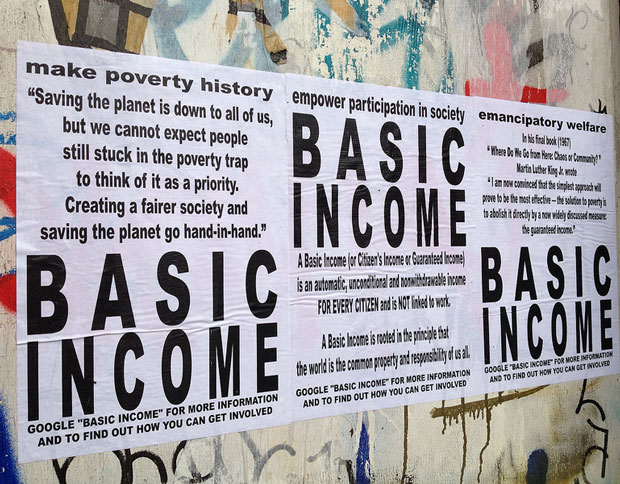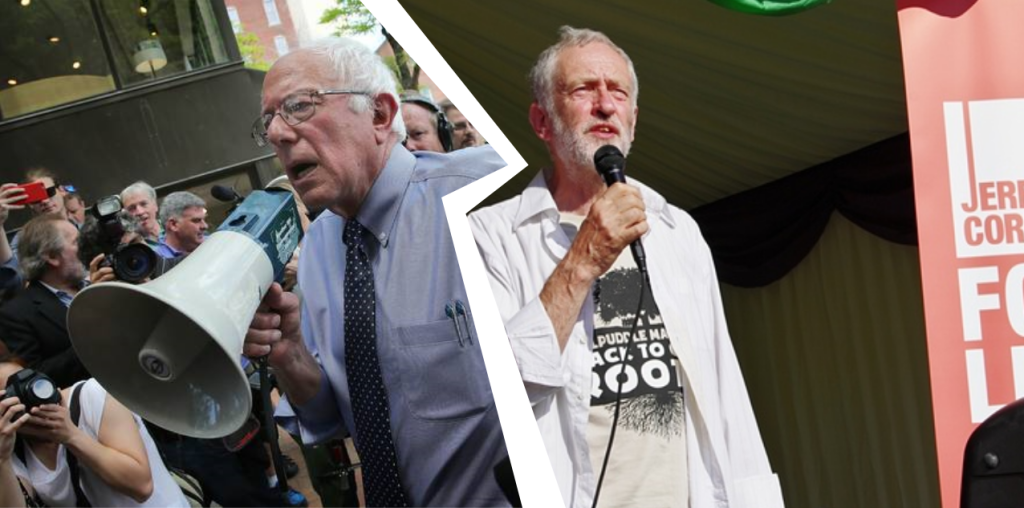Last week, I wrote a short piece for Ricochet on the kind of simple but serious economic thinking missing from the Canadian election debate so far. Here, I want to expand on the reasons why we might have trouble talking honestly about the barriers to significant economic reform without a real popular upsurge. If you want the short, populist argument, just read the Ricochet piece. If you want more, read on.
Here’s the main problem as articulated in the short piece:
As the gap between rich and poor has widened over the past few decades, the economic elite has grown in stature. Deficits and government spending sounds fine to them if it gets the economy going — even childcare will allow more women to go back to work and some may fill all those low-wage service jobs sitting empty because employers aren’t willing to pay more — but anything that genuinely threatens the slow upward trickle of wealth and strengthen workers too much in the workplace won’t be so happily tolerated.
This is the old tension between how much a left or centre-left economic program does to reboot economic growth and how much it also increases the expectations, capacity to organize and, ultimately, bargaining power of working people. A robust and sustained program of deficit spending, even if it is economically possible, is practically difficult in a small, open economy like Canada’s, not because our economy couldn’t benefit from it, but because businesses and money can, among other things, threaten to leave.
In other words, it is not enough to simply ask whether a program would be good “for society”. Expanding on the example above, a national childcare program can be a big help to regular, working people who have trouble otherwise affording care. At the same time, however, accessible childcare releases more women into the labour force, giving them more choice, but also providing employers with a new pool of workers. With all the crying about “labour shortages” across large chunks of the service sector (otherwise known as unwillingness to pay sufficiently high wages), this could be a boon for many industries, in particular low-wage services. In addition, if the childcare program is largely carried out through private providers, it creates a new source of government-sponsored demand for companies in the care services sector.
Depoliticizing economic questions ignores the implicit tension between the interests of growth and higher profits versus the interests of keeping a lid on the power of regular people to see their incomes and income share grow.




